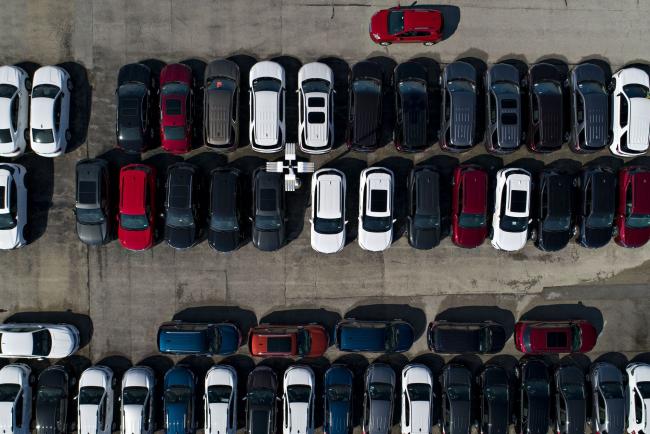(Bloomberg) -- The risk of potential tariffs on auto parts imported into the U.S. is not yet completely removed despite the assumption by most industry watchers to the contrary, a BofA analyst warned.
Since no action was taken or announced on November 14 -- which marked the expiry of a 180 day period that President Donald Trump triggered in May to postpone tariffs on imported autos and auto parts pending bilateral trade negotiations -- there is now a broader belief that Trump has effectively lost his authority on implementing those tariffs, analyst John Murphy explained.
However, he questioned whether the industry has been lulled into a “false sense of security” as it’s possible that Trump may attempt to exert his authority and impose these tariffs on any relevant country at any point during the course of trade negotiations, further prolonging uncertainty.
“Trump may/can still attempt to implement Section 232 Autos tariffs,” the analyst added, noting that such an action could be vulnerable to court challenge.
Europe is the key trading bloc where the tariff pressures appear to be most acute, Murphy said, while Japan and Korea are likely in the clear. The analyst noted that according to the Center for Automotive Research, should the Section 232 tariffs be implemented on current non-exempt countries, the incremental price per unit would be around $2,750 per vehicle or a reduction in sales of about 1.3 million units.
